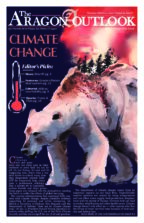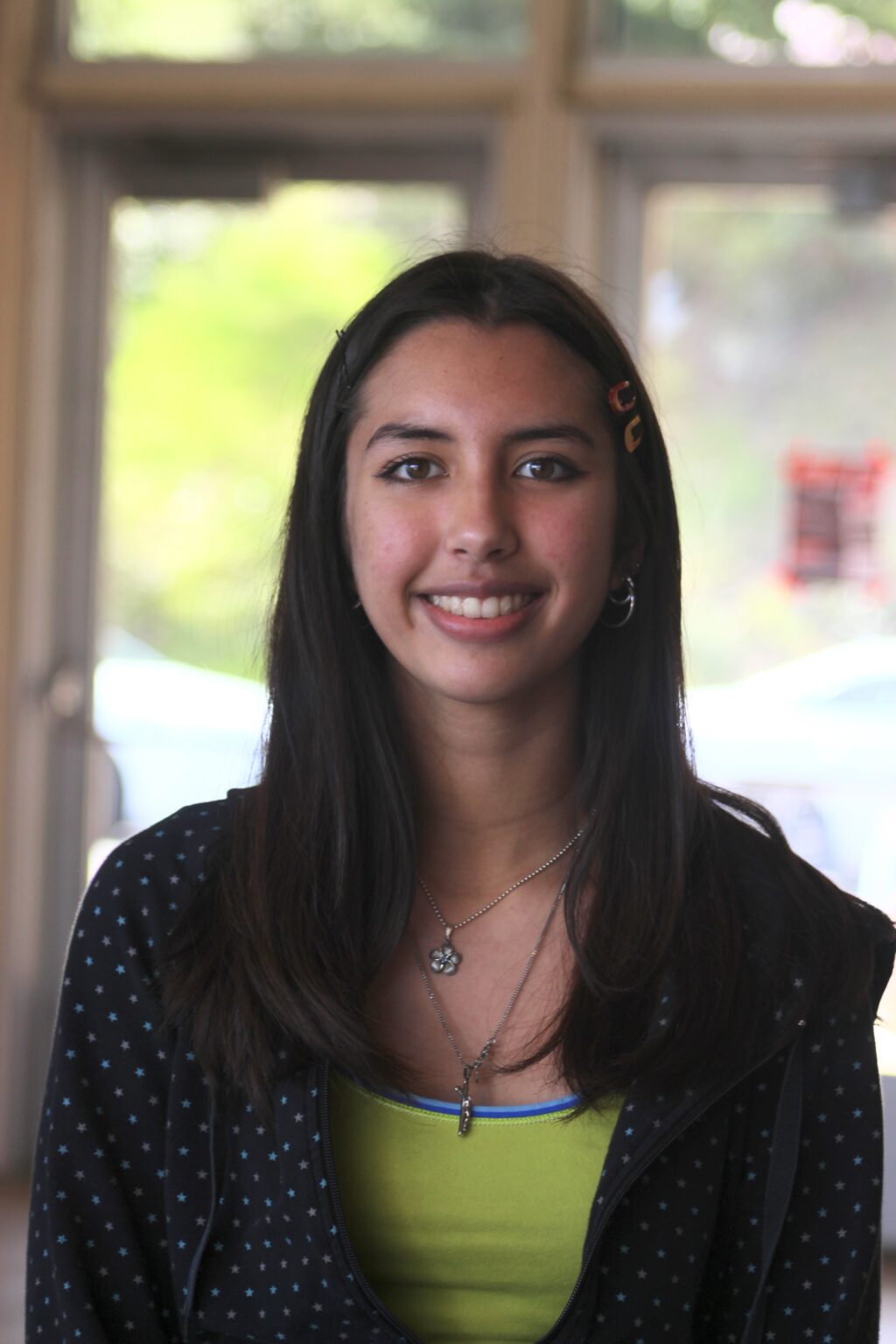
Eden Kwan (10)
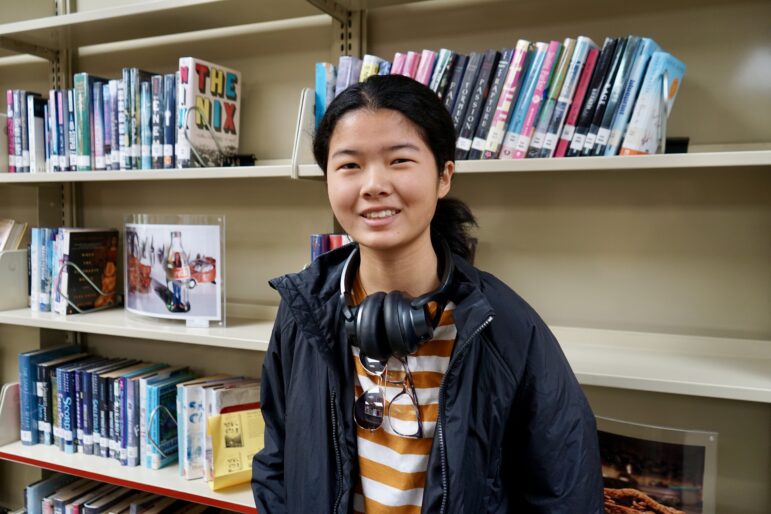
Our Missing Hearts
by Celeste Ng
“I feel like the ending really undermines the entire story. It’s anticlimactic. It has a lot of themes of racial politics, but it isn’t specific enough to the races that it’s investigating for it to be meaningful in that way. It oversimplifies politics and racial relations into almost a caricature of those kinds of interpersonal relationships. It uses it to create melodramatic scenarios, which I don’t think is a good way to handle those topics. It’s framed as a dystopia, but there’s nothing really interesting about the world-building. So there’s a lot of history that we never get to see. And we never get to really understand the character’s motivations.”
Mia Spencer (11)
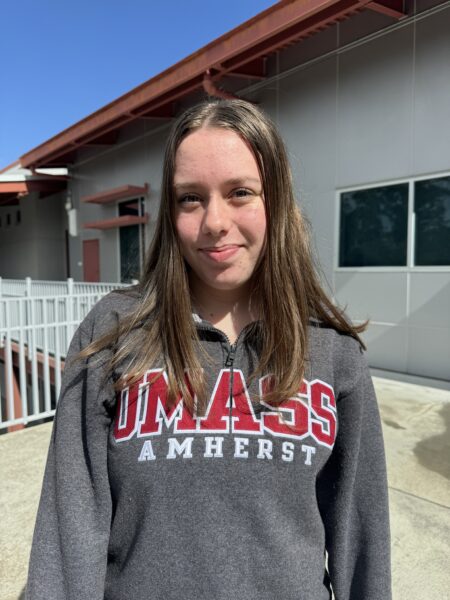
Patron Saints of Nothing
by Randy Ribay
“It was one of the first books I just wanted to keep reading. A lot of the books we [previously] read were old books and they were for adults, but the way this book was written was way easier for teenagers to understand. I think this book is being taught because people want to hide their race because they are afraid or they don’t feel like they fit in. I think this is important to read because everyone is who they are and that is important to know: everyone is different.”
Mikaela George (12)
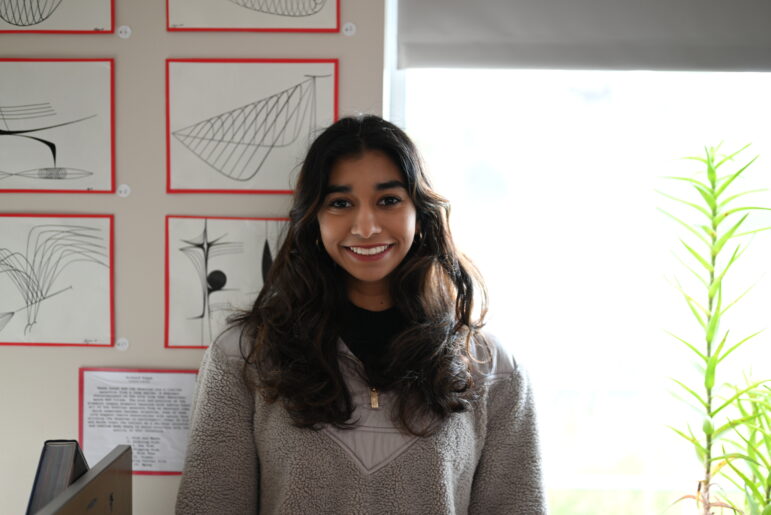
Their Eyes Were Watching God
Zora Neale Hurston
“I think it’s an important read especially for women of color and I’d say women in general. … It is a story about a woman who goes through these relationships in her life and how she grows from each one.. It’s a coming of age story. A lot of the time people don’t appreciate how the main character is very driven by a desire to fall in love, to get married. But I think that’s really the essence of the feminist aspect of it; it’s that she chooses to do those things. It’s not exactly a super happy ending, but it’s definitely a triumphant one for her because at the very end of the story, we see that she’s lived a life that she will remember fondly and that she doesn’t quite have any regrets.”
Oliver Pacquet (12)
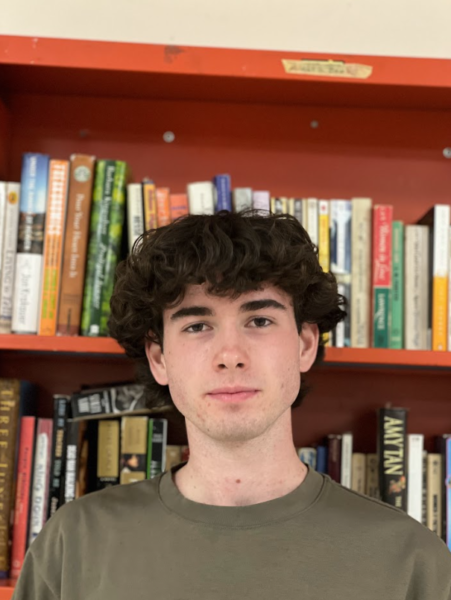
The Things They Carried
Tim O’Brien
“It’s one of the books that we read that I actually wanted to continue reading because it had a different angle than most books. It changed my view on how books should be written because it [follows a] nonlinear [timeline]. In the book, he tells stories [of American soldiers fighting in the Vietnam War], but these stories are exaggerated. He does it to make you feel more like how he felt in the moment, and not just from an outside view.”
Gemma Albertson (10)
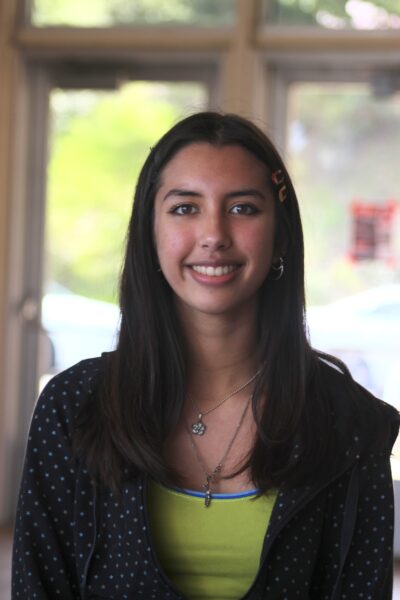
Frankenstein
Mary Shelley
“Victor is the main character and his main fault is that he blamed other people for his own misfortune even though he was causing his own pain. It just reminded me to be more cautious of my own actions and the effect it might have on me and other people. My favorite character was the monster because it was really interesting to see this beast grow up and learn more about society on its own instead of being directed by a parental figure. It was really cool for me to see how society could shape a person so much if they’re thrown into it completely unshielded.”
Vincent Ragone (11)
The Great Gatsby
F. Scott Fitzgerald
“I think the way the story progressed, how the characters changed and evolved, and how the author was able to pull out a true story and uncover the secrets that were being hidden. It was very key to being impactful to me. I think the author bought a lot of important details and literature devices that you can learn from very well. It was something that improved my learning and I was able to analyze it in my essay we had to do in the book afterwards.”
Brandon Lin (9)
Lord of the Flies
William Golding
“I really liked the symbolism and how it relates to society and human instinct. And then I also like the idea of all the kids on the island. It just feels really relatable because that can really happen. And then it was interesting to see how quickly they decided to evolve with the chaos. It just made me a lot more thoughtful about how, how humans are wired before we learn anything: how we react to aggression. And how society keeps us from being wild.”
